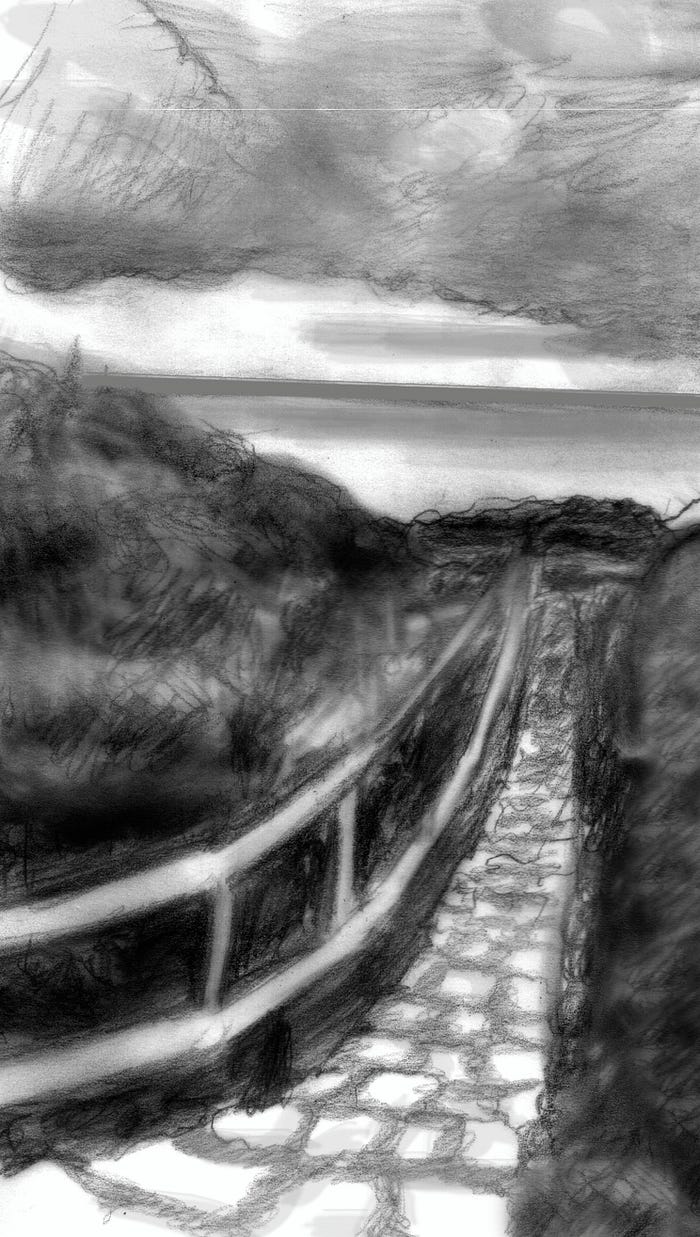Member-only story
The Noble Tradition of Self-Experimentation

In the general field of complimentary and alternative healing, perhaps especially energy healing, there is an unmistakable tradition of self-experimentation. Some people seem to really like the sound of this, while others definitely do not. Still, if you take it on yourself to learn energy healing — as opposed to merely learning about it — you will have to go into the laboratory of your own experience. At least you will be in interesting company.
Osteopath William Sutherland’s cranial bowl experiments on himself in the 1930s come to mind. He had the (then) totally unconventional belief that the bones of the cranium were mobile. As any craniosacral therapist will attest, instead of being fused together at the sutures, cranial bones do indeed have tiny but significant movements that occur with the contraction and expansion of the head in what is called “craniosacral rhythm.”
To test out his theory that cranial bones not only move, but that immobile, stuck cranial bones also lead to pathology, Sutherland crafted a helmet fitted at strategic positions with thumbscrews. He would strap on his cranial helmet, tighten the thumbscrews down on an individual cranial bone in order to immobilize it, and then take note of the symptoms that arose in him. While he noted his physical symptoms, his wife, unbeknownst to him at the time, was busy noting his emotional symptoms and mood swings. Once he succeeded in taking a cranial bone out of its normal movement pattern, he then had to devise ways to restore its proper movement. Sutherland’s self-experimentation led to the founding tenants of cranial osteopathy, which further evolved into modern-day craniosacral therapy.
Samuel Hahnemann
Another notable self-experimenter was Samuel Hahnemann, the father of homeopathy, one of the truly remarkable forms of energy medicine, which makes use of highly diluted forms of plant, animal and mineral substances. Hahnemann was a doctor in Germany in the eighteenth century in an era when blood-letting and the pervasive use of mercury were part of standard medical practice.
A short digression: If you examine the derivation of the word “quack,” when not being used to refer to the language spoken by ducks, a tiny window will open on the history of Western medicine. Our word “quack,”…
